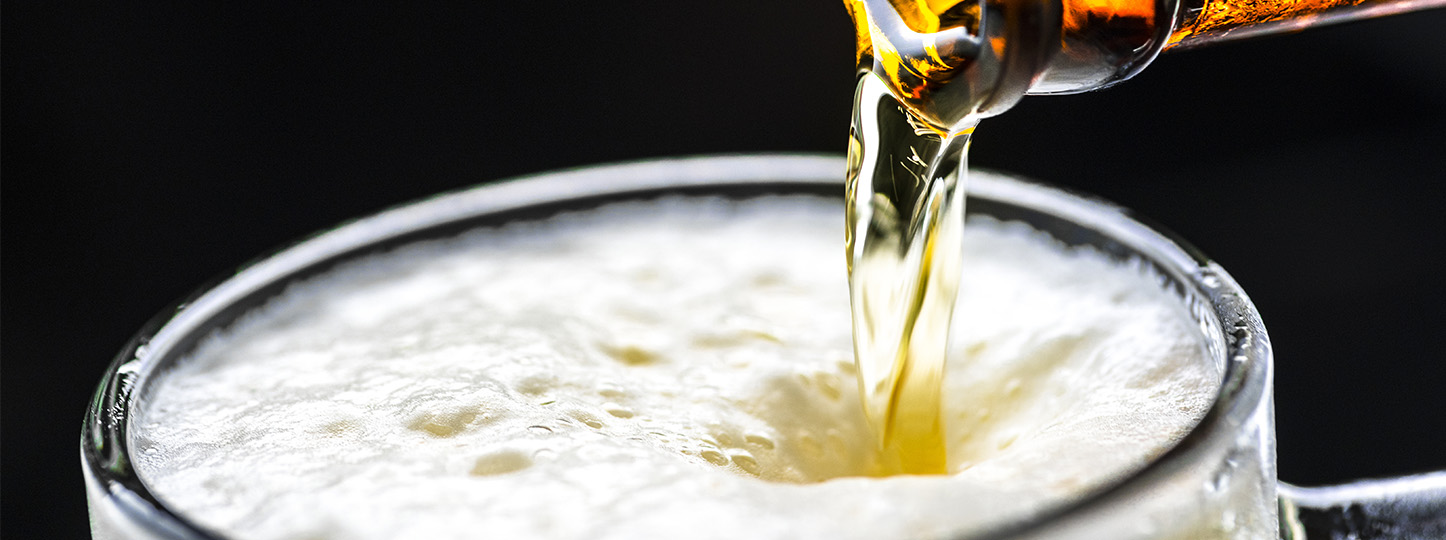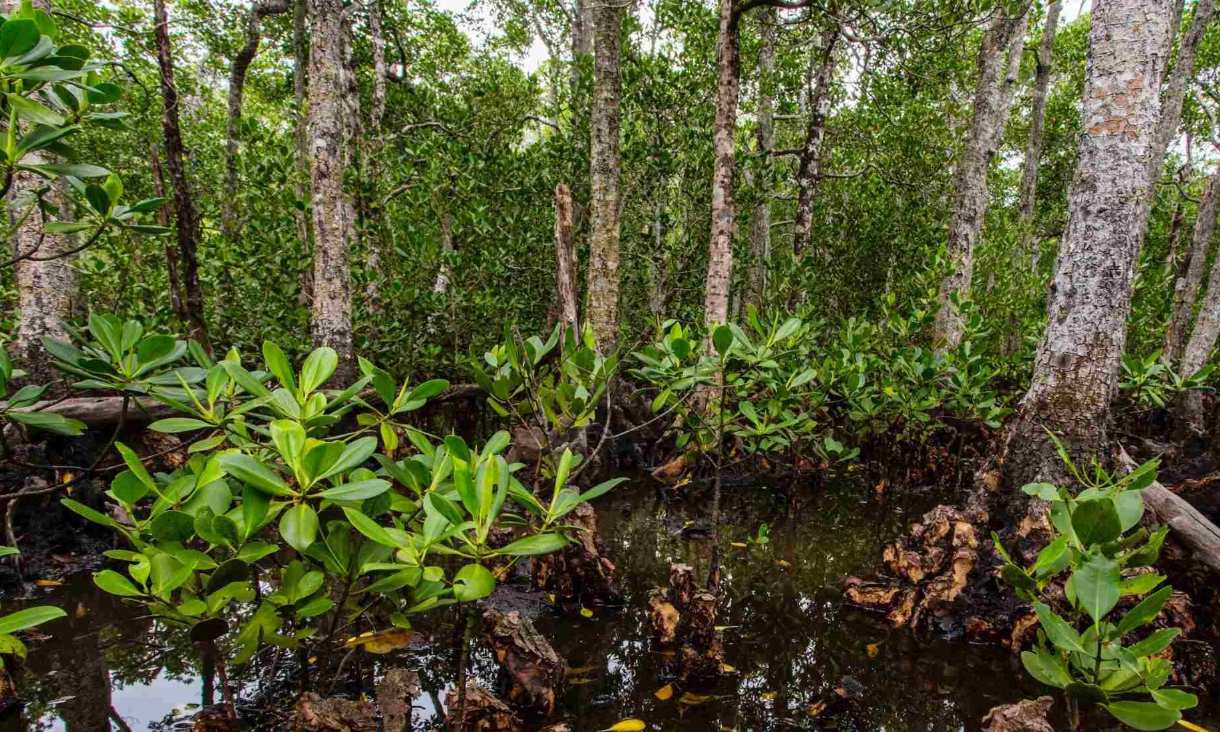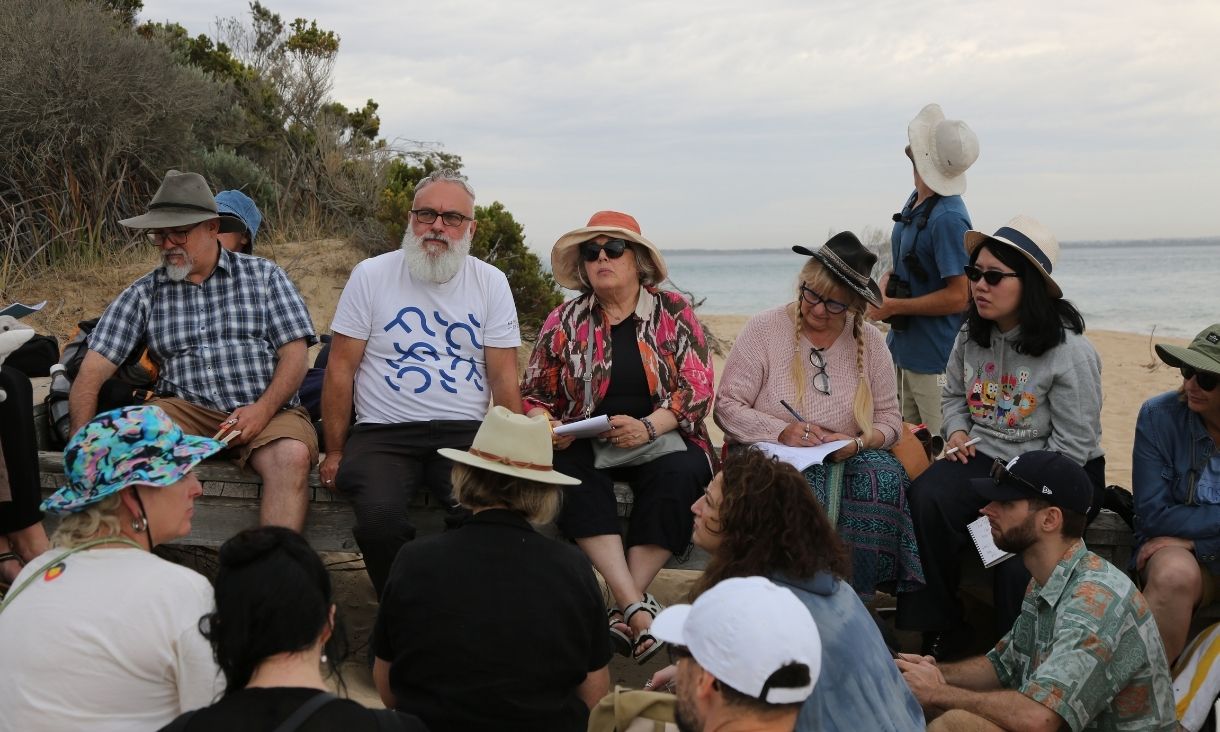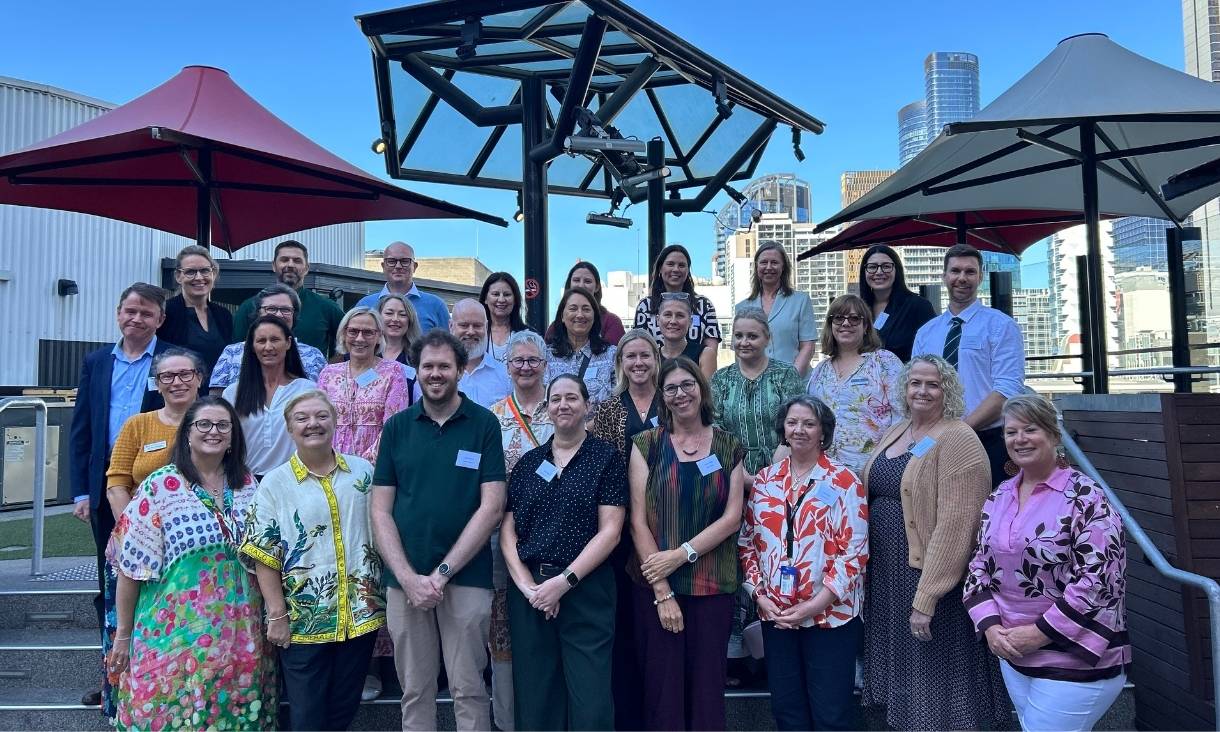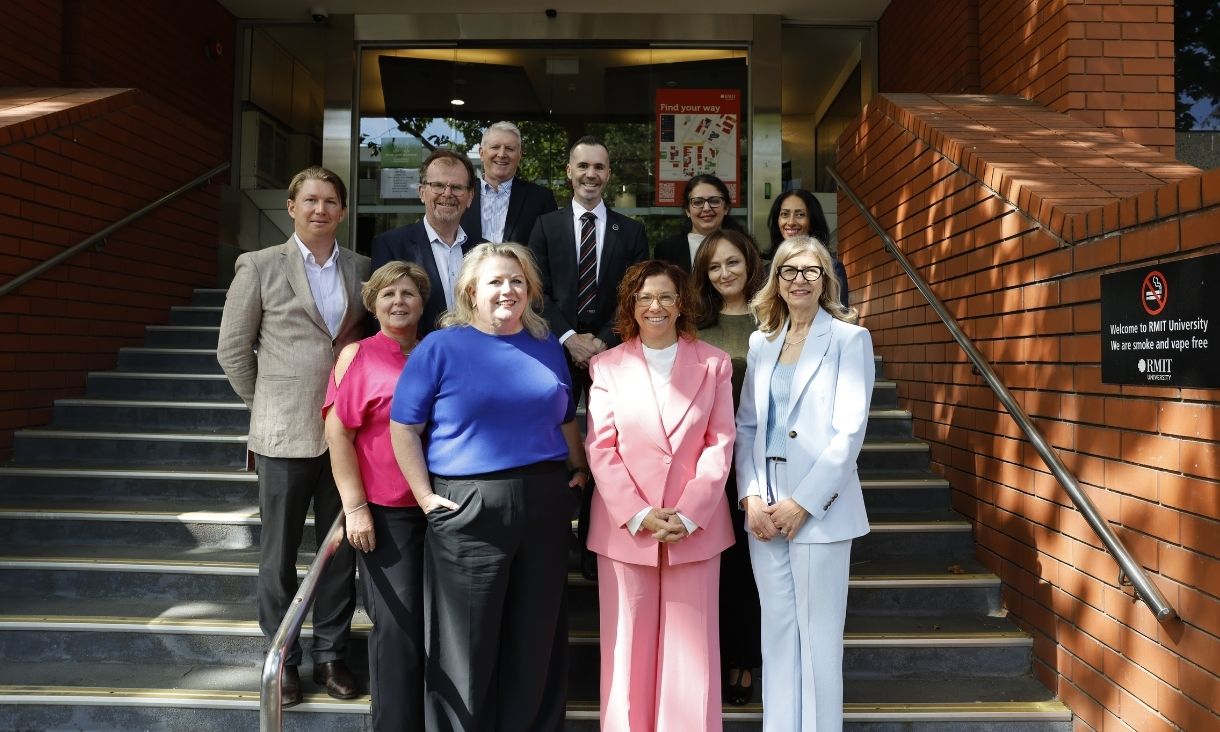The survey draws on responses from over 32,000 people from 22 countries, with the Australian arm led by RMIT University’s Dr Monica Barratt.
Australians ‘got on the beers’
On average, Australians reported getting drunk 27 times in 2020, compared with the global average of 15 times.
Globally, respondents reported regretting getting drunk on 21% of occasions in 2020 – a 9% drop compared to 2019.
Australians reported regretting getting drunk on 24% of occasions, with women more likely to regret getting drunk than men.
Barratt said while some parts of Australia experienced extended lockdowns in 2020, most of the country was relatively unaffected by the pandemic compared with European and American nations.
“This may have something to do with us being the highest ranked country for frequency of getting drunk,” she said.
“Although we can also see drinking cultures play a role, with Nordic, British and North American nations also reporting relative high frequencies of drunken episodes.”
With about a quarter of drunken episodes resulting in regret, the data suggest drinking too much too quickly, mixing drinks and being with people who engage in heavy drinking are things to avoid.
Microdosing psychedelics as a mental health treatment
One in four respondents who used psychedelics in the last 12 months reported microdosing – three-quarters reported no side effects.
Microdosing involves taking a low dose of a psychedelic drug to enhance performance or reduce symptoms of stress and anxiety.
Of those who microdosed and were in receipt of medications for their mental health, almost half reported reducing or stopping their medications.
Barratt said although microdosing appeared to work for some people with mental health issues, stopping psychiatric medications without medical supervision can be dangerous.
The Therapeutic Goods Administration does not yet recognise psychedelics, like MDMA and psilocybin, as legitimate medicines to treat psychiatric conditions.
But Barratt said more people are turning to microdosing as a DIY solution.
“The TGA recently decided to hold off deciding their ruling on psychedelics, pending clinical trials,” she said.
Illegal drug use and harms during the pandemic
Globally, the use rates of most illegal drugs decreased in the last 12 months, during the pandemic and associated restrictions.
Even among those who continued to use illegal drugs during the pandemic, the rates of seeking emergency medical treatment fell.
For example, 1% of people who used MDMA before the pandemic sought emergency treatment but this reduced by half to 0.5% during the pandemic.
But for new or novel synthetic drugs and methamphetamine, rates of seeking emergency treatment rose over this time.
Use of drugs in public and monitored settings, like bars, clubs and festivals, was less prevalent in 2020.
“While it may indicate that home-based use was less likely to result in harm, it may also be that there were less people around, like staff, to call for help,” Barratt said.
“Using while home alone is a risk factor for overdose and may have contributed to elevated rates for some drug types.”
The survey also asked people who used cannabis and cocaine whether they had changed their use to reduce the risks of spreading or catching COVID-19. For example, by not sharing joints or snorting equipment, and social distancing.
Over half of people who used cannabis and over 40% of people who used cocaine did report an overall reduction in COVID-19.
“Australians were less likely than respondents from other countries to report reducing risks, perhaps reflecting the reduced intensity of the pandemic on the lives of most Australians, except Victorians, during 2020,” Barratt said.
Current survey on attitudes to drug policies
The Global Drug Survey is currently seeking participants, including people who only drink alcohol or are completely drug/alcohol free.
Story: Aeden Ratcliffe
